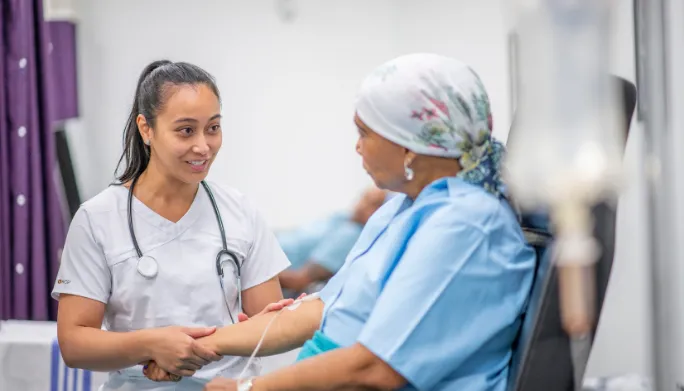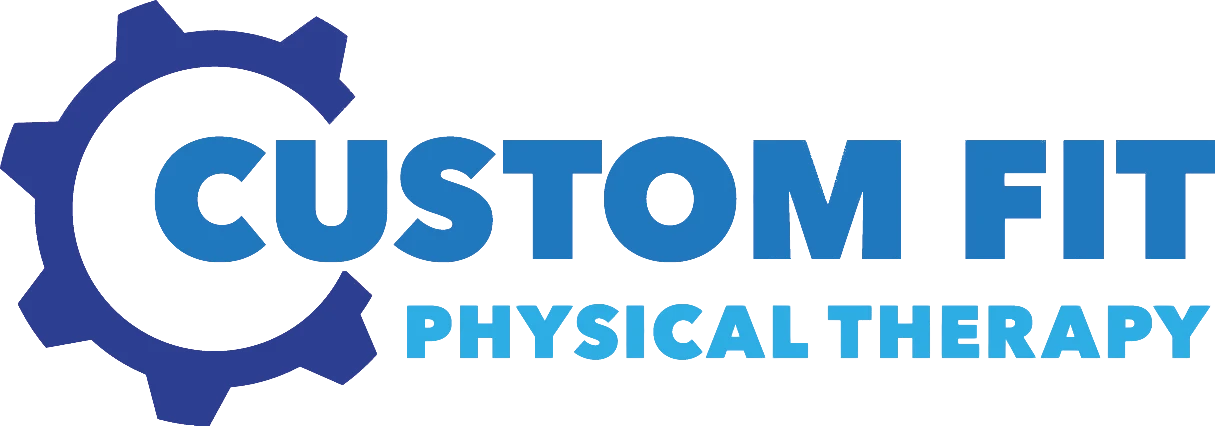Pre-Post Surgery In Brownstown, MI

Optimize Surgical Outcomes with Pre-Post Surgery Rehab in Brownstown, MI
Upcoming surgery on your knee, hip, shoulder or spine can certainly feel daunting. But with Custom Fit Physical Therapy’s prehabilitation and post-op therapy programs, you don’t have to navigate it alone. Our advanced orthopedic therapists equip patients with customized strength, flexibility and education protocols both before and after surgery – accelerating recoveries by addressing weaknesses and restrictions proactively.
Restoring Mobility Through Phased Surgical Rehab in Brownstown, MI
Muscles and joints thrive on gentle movement. But without guidance, many patients end up overdoing activity immediately after surgery or immobilizing themselves out of fear of damaging tissues. This significantly impedes optimal recovery. Custom Fit Physical Therapy’s certified specialists design personalized prehab and post-op rehabilitation regimens catered to your unique procedure and baseline status. We guide you through three integrated phases:
Phase 1: Pre-Surgery Preparation
Weeks to months before a scheduled surgery like knee arthroplasty, our therapists work to resolve:
- Joint/muscle stiffness
- Strength/coordination deficits
- Balance/stability impairment
- Gait abnormalities
Robust pre-op rehab enhances post-surgical outcomes by conditioning the body to better tolerate procedure stresses and maximize the effects of later therapy. Education also prepares patients and caregivers mentally and logistically.
Comprehensive Evaluations – Thorough assessments of current muscle function, joint mobility, neurological status, walking mechanics and more allow us to quantify postsurgical rehab potential and customize prehab interventions.
Insurance Benefits Assistance – We help patients navigate insurance requirements related to surgery approval, durable medical equipment coverage and therapy authorization needs.
Pre-op Joint Mobilizations – Hands-on techniques restore sliding mobility between joint surfaces soon to be replaced. This also desensitizes regions prepping for surgical trauma.
Targeted Strengthening Exercises – We build supporting muscular endurance around surgery sites protecting newly vulnerable joints post-procedure.
Phase 2: Initial Post-Op Healing
Early interventions in the hospital or at our facilities focus on:
- Pain, edema and inflammation management
- Gentle joint mobility and muscle activation
- Safety with movement and weight bearing
- Basic self-care adaptations
These structured acute-stage protocols allow early weight bearing as dictated by surgical guidelines to stimulate healing while preventing negative compensations.
Edema Modalities – Electrical stimulation, compression pumps and manual techniques accelerate fluid drainage from surgically traumatized tissues to alleviate discomfort and enhance repair.
Assistive Equipment Training – We fit appropriate ambulatory devices like walkers or crutches while teaching protected gait to ensure safe mobility and prevent falls.
Home Exercise Introduction – Simple movements that protect the joint while regaining flexibility and strength help patients remain active participants in their healing process between therapy visits rather than passive recipients.
Phase 3: Advanced Functional Restoration
Gradually progressing activity, our outpatient therapists guide patients towards goals like:
- Full range of motion/eliminating restrictions
- Restoring strength and motor control
- Rebuilding endurance for community mobility
- Resuming recreational pursuits and athletics
- Independent home exercise programs
This phased approach optimizes patient outcomes through consistent momentum tailored to evolving individual capacities while avoiding overexertion.
Manual Scar Tissue Mobilization – Hands-on techniques resolve postsurgical adhesions between muscle planes and surrounding connective tissues allowing improved joint mechanics.
Advanced Therapeutic Exercise – Multi-plane functional movements using exercise bands, Pilates equipment and patients’ recovering limbs as resistance progressively build muscle control and flexibility required for community ambulation and daily life without reliance on ambulatory aids.
Simulated Occupational and Sports Specific Drills – We design controlled replications of actions performed at work or in athletics to confirm readiness for safe return while enhancing skills-specific stamina and mobility.
Why Pre-Post Surgery Rehab in Brownstown, MI Matters
Recovering well after orthopedic surgery depends greatly on following proper protocols under the guidance of a knowledgeable therapist able to identify and address dysfunction early.
Benefits of our pre- and post-op programs include:
Enhanced Surgical Outcomes – Patients demonstrate less blood loss, shorter hospital stays and lower pain medication needs. Optimized pre-op conditioning reduces post-surgical joint trauma and facilitates faster progress in therapy.
Faster Rehabilitation – Early gentle reactivation of muscles protects joint surfaces while preventing adhesions. Strategies like neuromuscular electrical stimulation also accelerate intrinsic strengthening. Patients achieve functional milestones weeks faster through our protocols.
Reduced Pain and Complications – Specialized interventions minimize swelling and discomfort for greater engagement in beneficial movement versus immobilization. This leads to lower risks of stiffness, blood clots and long-term neural hypersensitivity.
Prevention of Reinjury – Education on modifying daily mechanics to protect healing tissues helps integrate movement precautions. Attention towards strengthening stabilizers and correcting deficits minimizes recurrence likelihood.
Answering Your Pre- & Post-Operative Therapy Questions
What exactly is involved with pre-op or “pre rehabilitation” therapy?
Prehab focuses on boosting aerobic conditioning, enhancing muscle flexibility/endurance and instilling proper movement patterns through the area slated for surgery via targeted exercises. Manual therapy and modalities also help resolve any tissue restrictions or pains that may hinder rehabilitation.
When should I begin pre-op therapy before surgery?
Ideally 4-8 weeks prior for smaller procedures but up to 8-12 weeks before major total joint replacements. Preoperative conditioning levels correlated closely with functional mobility achieved by 3-month post-surgery milestones in studies. Committing to consistency early is key.
What types of post-op rehab services do you offer?
We provide comprehensive outpatient physical therapy including manual techniques to resolve surgical scar tissue, restore mobility and rebuild strength. Interventions progress patients through self-care, community mobility goals and return to sports/work duties aligned to surgeon directives and timelines.
About The Author
Jennifer Wheeler, a Owner and Physical Therapist specializing in Physical Therapy, ASTYM, TRX, Orthopedics and Sports Injuries, puts patients at the forefront of their care. With years of experience, they guide individuals towards achieving their best selves. At Custom Fit Physical Therapy in Brownstown, MI, Jennifer Wheeler crafts individualized plans using cutting-edge techniques, empowering patients to overcome limitations and thrive.
Trust Your Recovery with Custom Fit Physical Therapy
At Custom Fit Physical Therapy, we view surgery preparation and rehabilitation guidance as collaborative partnerships between our compassionate specialists, savvy surgeons and motivated patients. Together we develop integrated plans serving your unique needs all the way from prehab to full function restoration. Don’t leave your mobility up to chance after a complex joint procedure.Get started with pre- and post-surgery programming or call us to discuss your upcoming needs!
Next Steps: Request a Consultation at Our Brownstown, MI Clinic
Ready to proactively prime your body and mind before surgery while mapping out a recovery plan for after? Request a consultation at Custom Fit Physical Therapy or call us to learn more about this service and how we can help you today!

